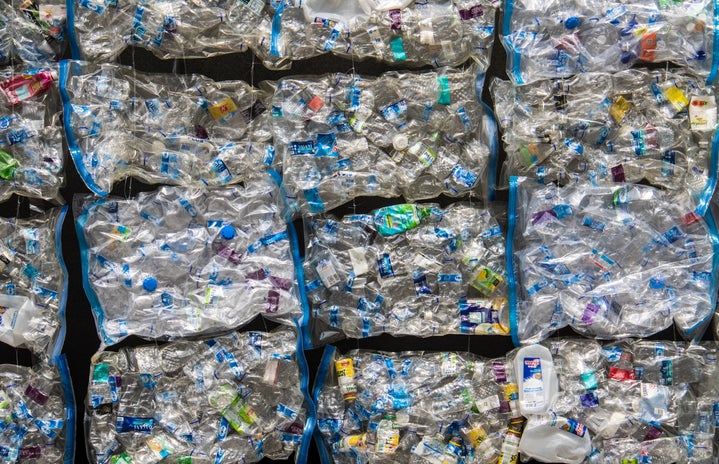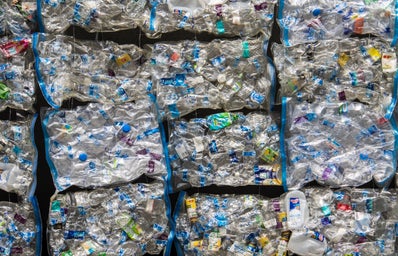Plastics have plagued our society since the post-war era, where synthetic and plastic materials were first introduced to consumers. It started off as the new hip and functional material, but not long after it reached its peak publicity, people realized how detrimental it was for our world. This resulted in a series of protests in the 1970s where it was argued that if “people start pollution, people can stop it”. People realized that the plastics were building up in landfills and were being littered along the highways, there was extreme visual pollution. This is when plastic companies jumped in and began to set laws on pollution and littering, which reduced visual plastic waste, but it was still ending up at recycling plants. Another issue was that the plastic at the recycling plants, most of the time, wasn’t even truly recyclable. This is because the plastic industry has always dominated the recycling industry. Recycling was funded by plastic companies when society started realizing that plastic was bad, they stopped buying plastics, but then it was advertised how good recycling was and plastic consumption rose again.
The recycling codes that were put on “recyclables” were misleading, and resulted in horrible recycling habits among the public. This was bad for recycling. People kept buying the plastic products because by just flipping the container over, they were under the impression that it was recyclable. This is not just a problem in the United States, in Asia, a lot of plastic waste ends up recycled. The documentary Plastic Wars covers the inside scoop on what is actually happening in Indonesia, as there are massive wastelands where people live and where plastics are being burned and not recycled. All this U.S. recycling is questionable, there is less and less information on whether companies are actually recycling plastics or if they just end up as waste. Many people in Indonesia think that the United States needs to reconsider our lifestyles because they see our waste firsthand. American citizens are blind to the mass quantity of waste we produce, even with recycling.
The plastic industry is planning on tripling their production before 2050, which is alarming based on the sheer mass of that amount of plastics. These recycling companies are trying to modify their plastic sorting so they can optimize the amount of recyclable bales of plastic, some of them are creating sorting machines. But the plastic companies are still supporting and running commercials for recycling because they know that encouraging recycling will support the plastic industry. Overall, the plastic companies are heavily impacting the environment and wildlife, and as much as we would like there to be a solution to our easy consumption fed by consumerist America, modern recycling is not as clean as the public is led to believe. There needs to be a change in recycling methods and the public needs to start reusing plastics.


